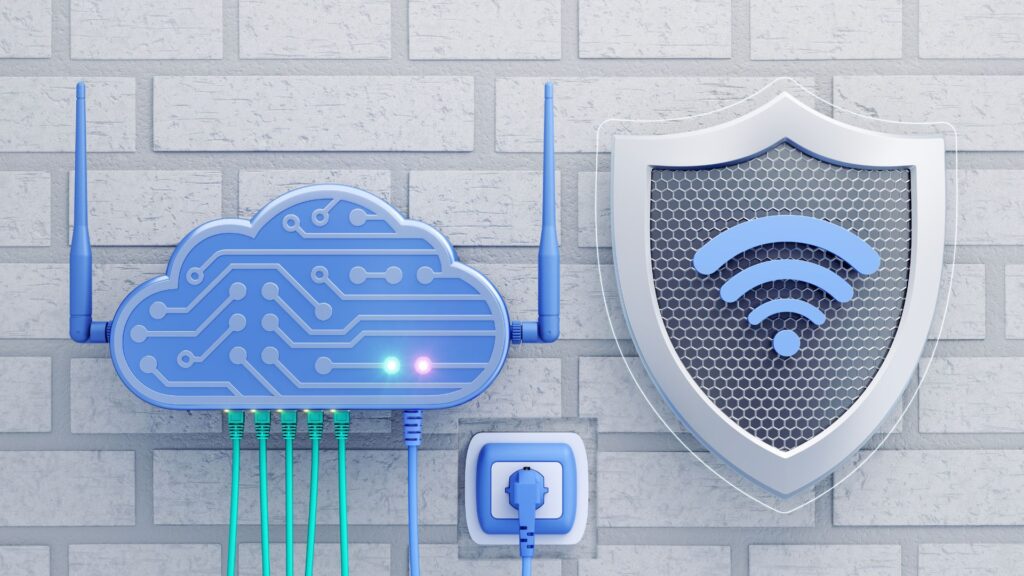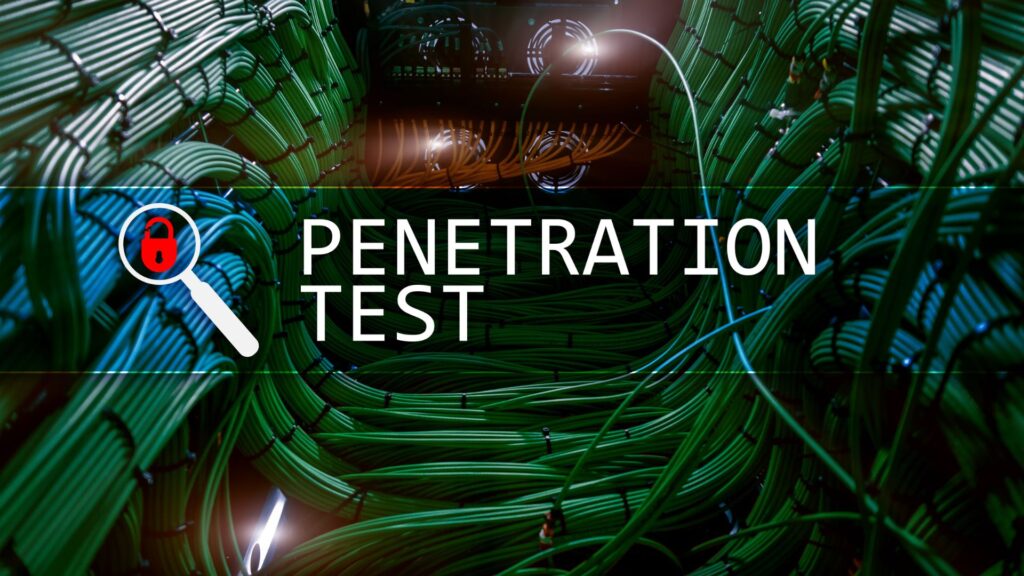In the modern landscape of the oil and gas industry, technological advancements have revolutionized operations, optimizing efficiency, and enhancing productivity. Among these advancements, the integration of WiFi systems has been pivotal, facilitating seamless communication, data transmission, and remote monitoring across vast oil fields and refineries. However, securing WiFi systems in the oil and gas industry has become of paramount importance, as the risk of cyber attacks increases.

The Unique Challenges of WiFi Security in Oil and Gas
Cybersecurity in the oil and gas sector is of paramount importance due to the critical nature of its operations, the potential for massive financial losses, and the risk to human safety posed by breaches and attacks. WiFi systems, which serve as the backbone of digital infrastructure in this industry, are particularly susceptible to vulnerabilities if not adequately secured.
Remote Locations and Harsh Environments
Oil and gas facilities are often situated in remote, harsh environments, where physical security measures can be challenging to implement and maintain. This remoteness makes WiFi systems tempting targets for cybercriminals seeking to exploit vulnerabilities.
Interconnectedness and Complexity
The interconnectedness of devices within oil and gas networks increases complexity and provides multiple entry points for attackers. WiFi systems, when improperly configured or secured, can serve as gateways for unauthorized access to critical infrastructure.
Industrial Internet of Things (IIoT) Integration
The proliferation of IIoT devices has revolutionized operations but has also expanded the attack surface. WiFi-enabled sensors, monitors, and control systems offer tremendous benefits but also introduce new vulnerabilities if not adequately protected.

Key Strategies for Enhancing WiFi Security
Implement Robust Encryption Protocols
Utilize industry-standard encryption protocols such as WPA2 (or preferably WPA3) to protect WiFi communications from eavesdropping and unauthorized access. Regularly update encryption standards to stay ahead of evolving threats.
Segmentation and Access Controls
Implement network segmentation to compartmentalize critical systems and limit access to authorized personnel only. Utilize access controls, such as strong authentication mechanisms and role-based privileges, to ensure that only authorized individuals can connect to WiFi networks.
Continuous Monitoring and Threat Detection
Employ real-time monitoring tools and intrusion detection systems to detect anomalous behavior and potential security breaches. Promptly investigate and respond to any suspicious activity to prevent unauthorized access or data exfiltration.
Conduct regular security audits and penetration testing to identify and address vulnerabilities before they can be exploited by malicious actors. Test WiFi networks for weaknesses in configuration, encryption, and access controls, and remediate any issues promptly.
Employee Training and Awareness
Invest in comprehensive cybersecurity training programs to educate employees about the importance of WiFi security, common attack vectors, and best practices for safeguarding sensitive information. Foster a culture of cybersecurity awareness and encourage employees to report any security incidents or concerns promptly.
Get the Right Team
In conclusion, securing WiFi systems in the oil and gas industry is not merely a best practice; it is a critical imperative. Team Vivo Asia is well versed in industry regulations for the oil and gas industry and can implement cybersecurity protocols to safeguard your Wifi System.


